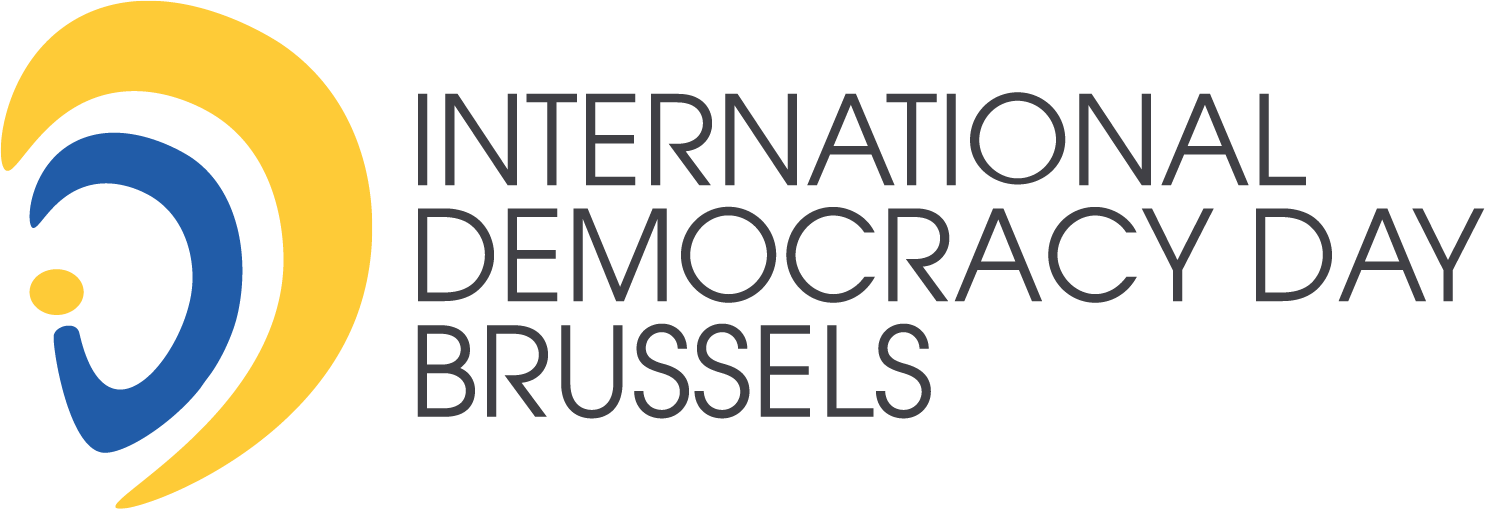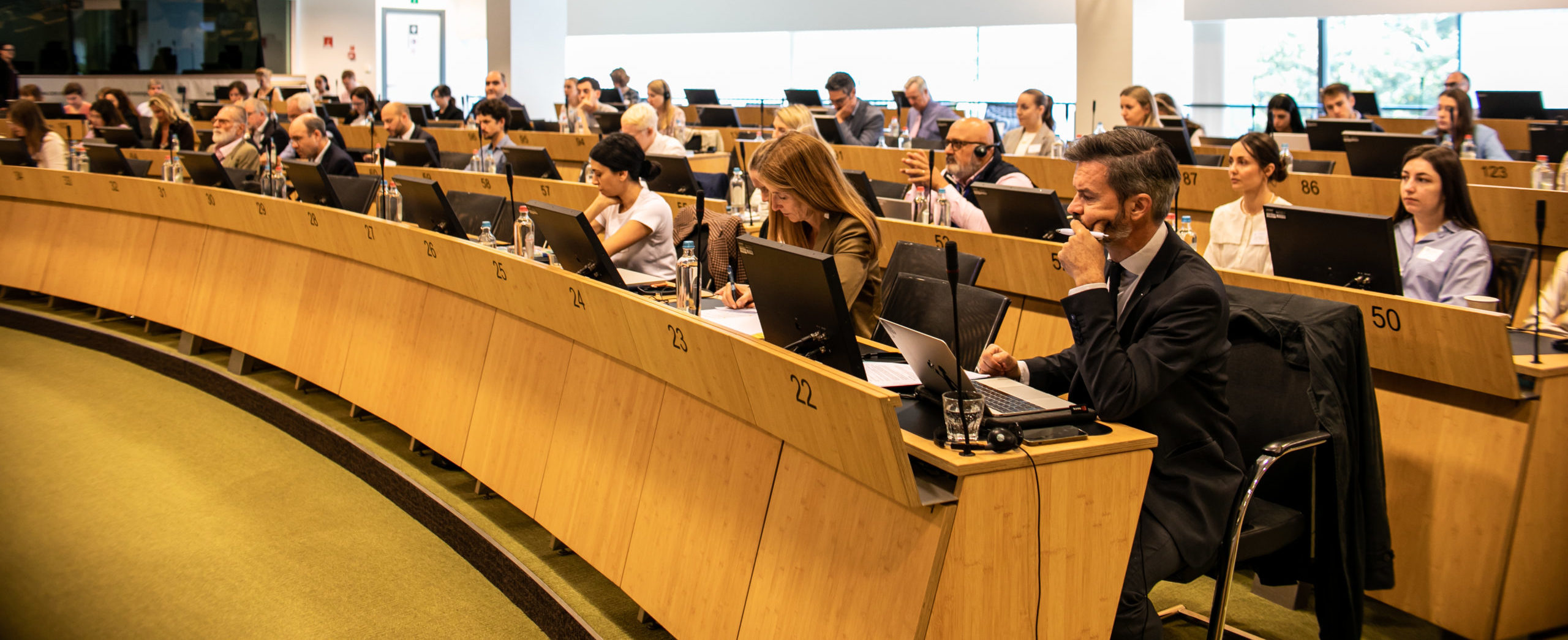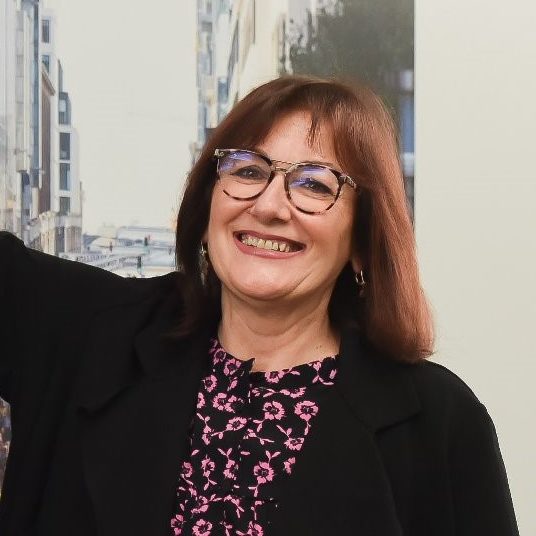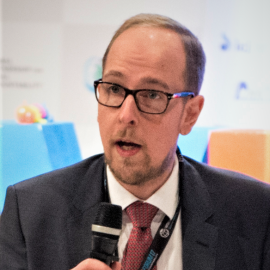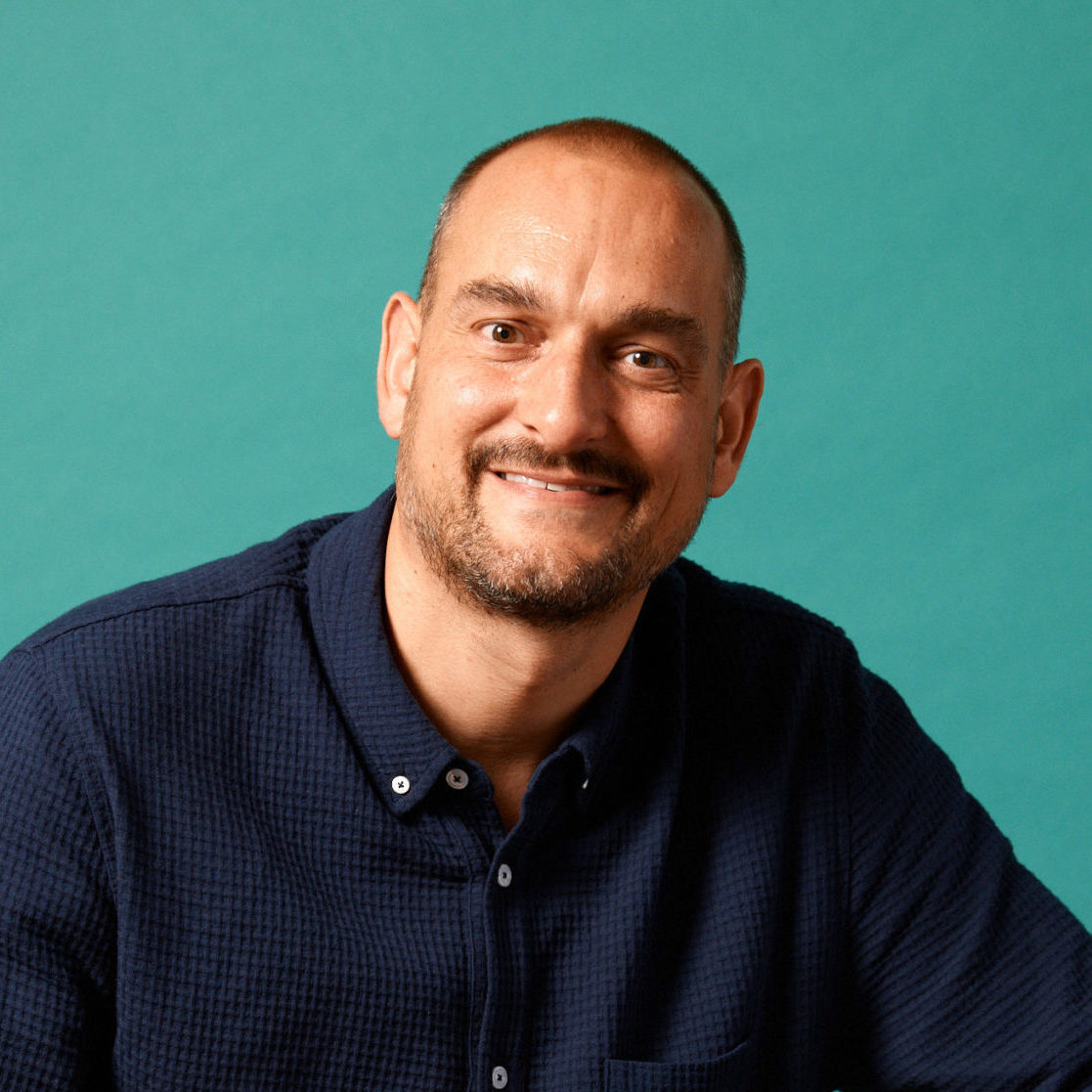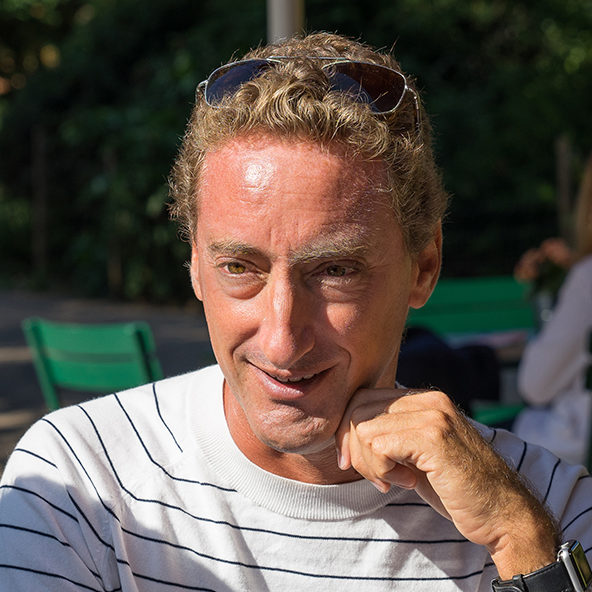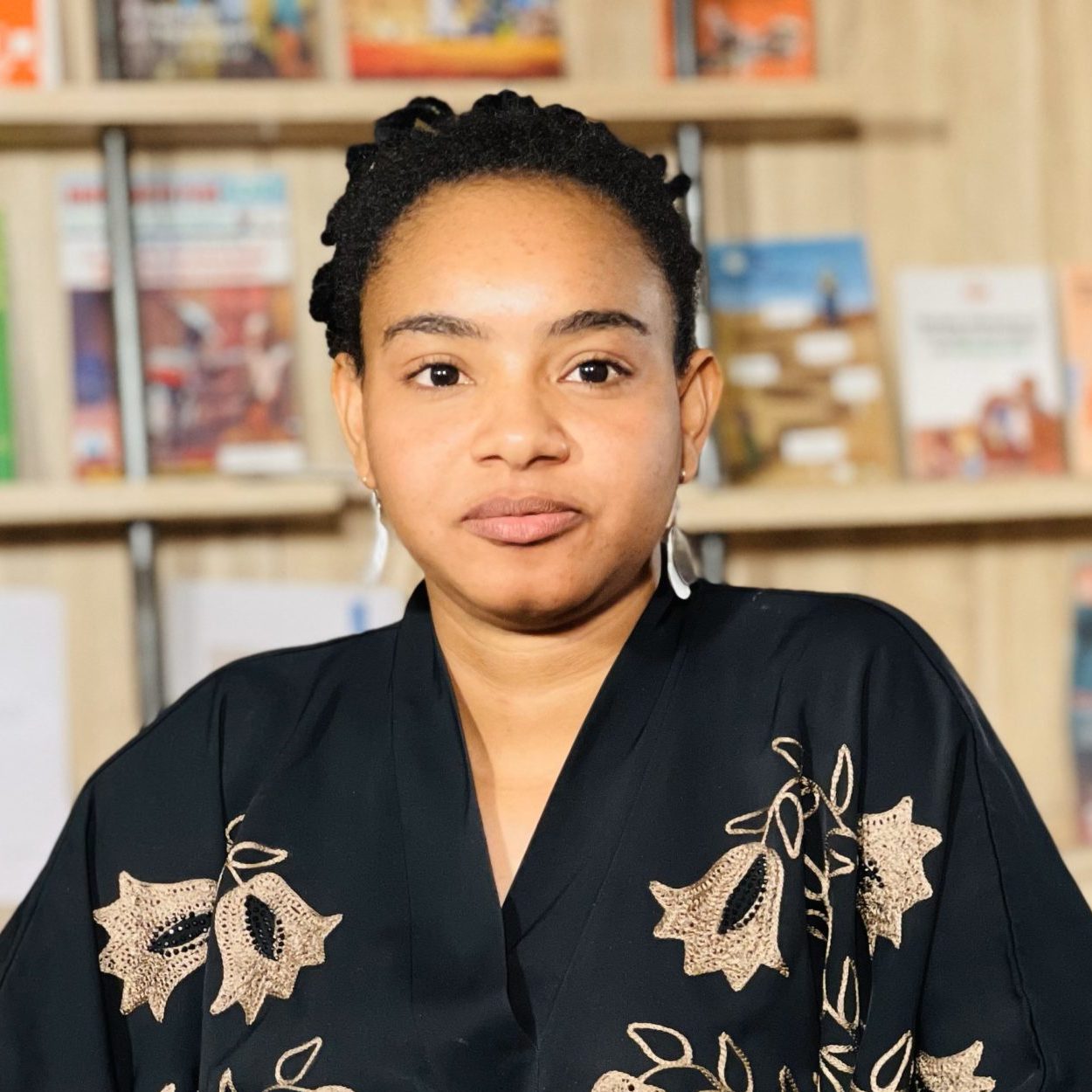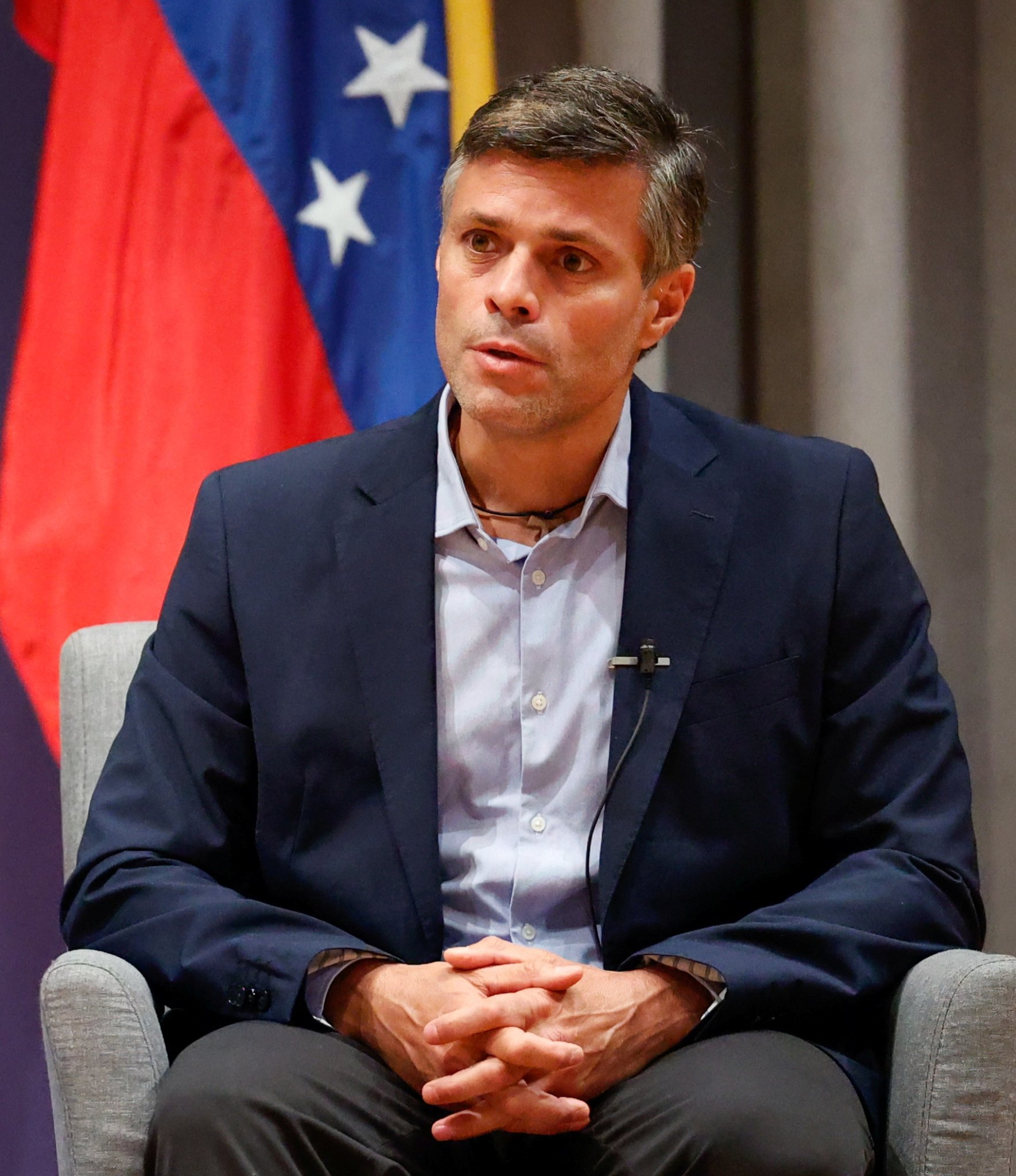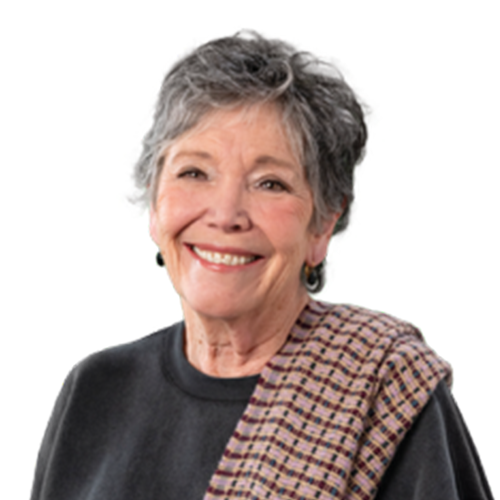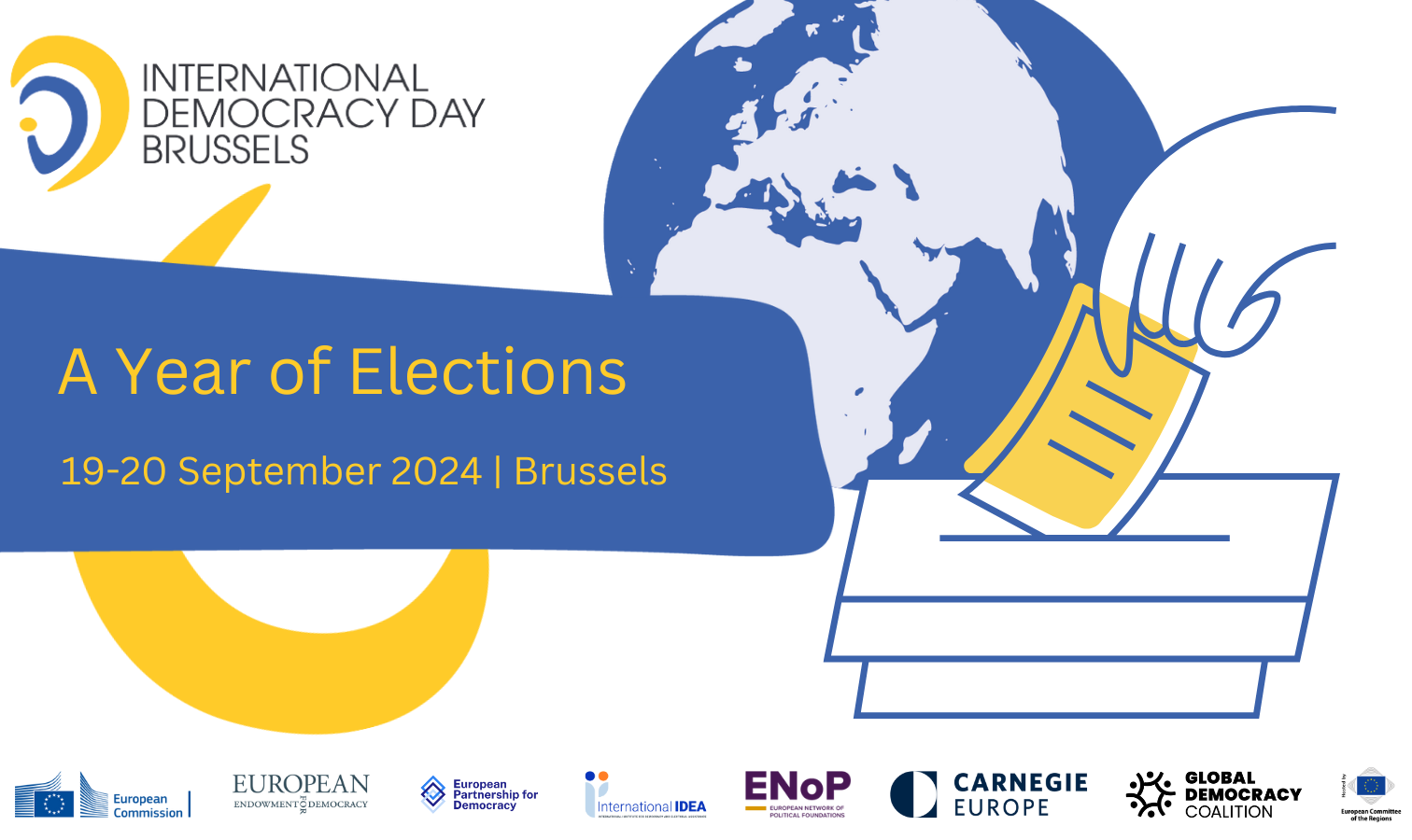
- Date : 19 Sep 2024 – 20 Sep 2024
Days Hours Minutes
The European Endowment for Democracy (EED), European Partnership for Democracy (EPD), International Institute for Democracy and Electoral Assistance (IDEA), European Network of Political Foundations (ENoP), and Carnegie Europe are proud to invite you to the 2024 edition of the International Democracy Day Brussels.
The event will take place on Thursday, 19 September (afternoon), and Friday, 20 September (morning), at the European Committee of the Regions in Brussels.
The theme of the tenth edition of IDD Brussels is ‘A Year of Elections’.
In 2024, the year of elections, half the world’s population is going to the polls to elect new governments and representatives who will shape future policy. These elections are taking place in a context of global democratic backsliding, with half of all countries surveyed in a recent report experiencing democratic declines, and all regions showing an eroding respect for basic rights, including freedom of expression and assembly.
While some of these elections are being held in open environments, many others are taking place under despotic regimes or amidst war and conflict. The integrity of all elections is increasingly under threat, with new technologies manipulating public opinion, increasing hate speech, misinformation and disinformation.
At the same time in many parts of the world, there is evidence of increased political participation. Organisations and movements such as electoral management bodies, anti-corruption agencies and rights institutions are acting as important checks and balances helping to prevent abuses of power and to reduce corruption.
IDD24 will reflect on the electoral year within Europe and globally, assessing the current state of democracy globally. At this pivotal moment, the conference offers a platform to discuss and shape the EU’s democracy agenda for the coming years. It will bring together policy makers, politicians, activists, and independent journalists from across the world for critical discussions on the state of democracy today, the challenges it faces, and the opportunities ahead.
Special attention will be given to the roles of youth and women in these discussions in the framework of the Women and Youth Democratic Engagement (WYDE) programme. This EU flagship initiative aims to promote political pluralism and the inclusiveness of democratic processes.
Please note that there is limited capacity within the EU Committee of Regions conference space. Registrations will be treated on a first-come first-served basis.
Speakers
Antonina Majchrzak
Member of a Polish energy think tank
Dubravka Šuica
European Commission Vice-President for Democracy and Demography
Chiara Adamo
Deputy to the Director for Human Development, Migration, Governance and Peace directorate in DG INTPA, European Commission
Laura Thornton
Senior director of global democracy programs, McCain Institute
Asanda Luwaca
Executive Chairperson of the National Youth Development Agency of South Africa, Club de Madrid WYDE Network of Young Decision-makers.
Ann N. Nderitu
Registrar of Political Parties in Kenya
Gary Klaukka
Executive Director, European Network of Political Foundations (ENoP)
Iryna Fedoriv
Co-founder, Holka
Nico Jaspers
Co-founder and CEO, Latana
Riham Abu Aita
Co-founder, Kashif
Programme
13:30 – 14:00
Registration and coffee
14:00 – 14:10
Welcoming remarks by Moderator Shada Islam and by Patrick Molinoz, Chair of CIVEX commission, Committee of the Regions
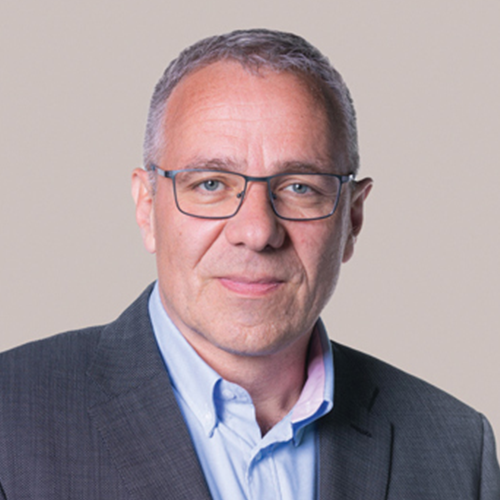
Patrick Molinoz
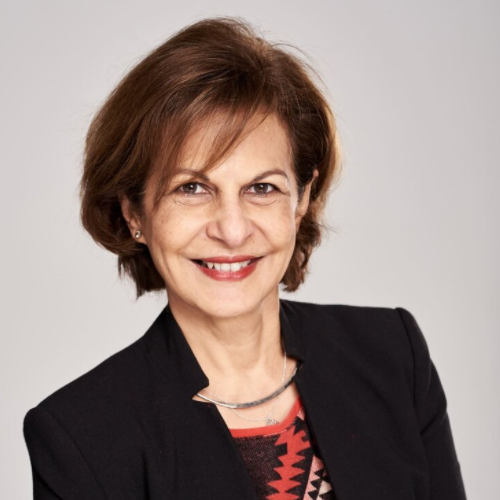
Shada Islam
14:10 – 14:20
Keynote address by Dubravka Šuica, European Commission Vice-President for Democracy and Demography
Session 1: Elections 2024 – latest state of play
2024 is a super election year. Elections will be held in 8 of the world’s 10 most populous nations (Bangladesh, Brazil, India, United States, Indonesia, Pakistan, Russia, Mexico) as well as in 16 African countries. Around 2 billion voters – approximately a quarter of the world’s population – are expected to be heading to the polls this year.
How will these elections impact the world in general and democracy in particular? Is the world becoming more or less democratic? Has the European Union done enough to promote democracy in partner countries?
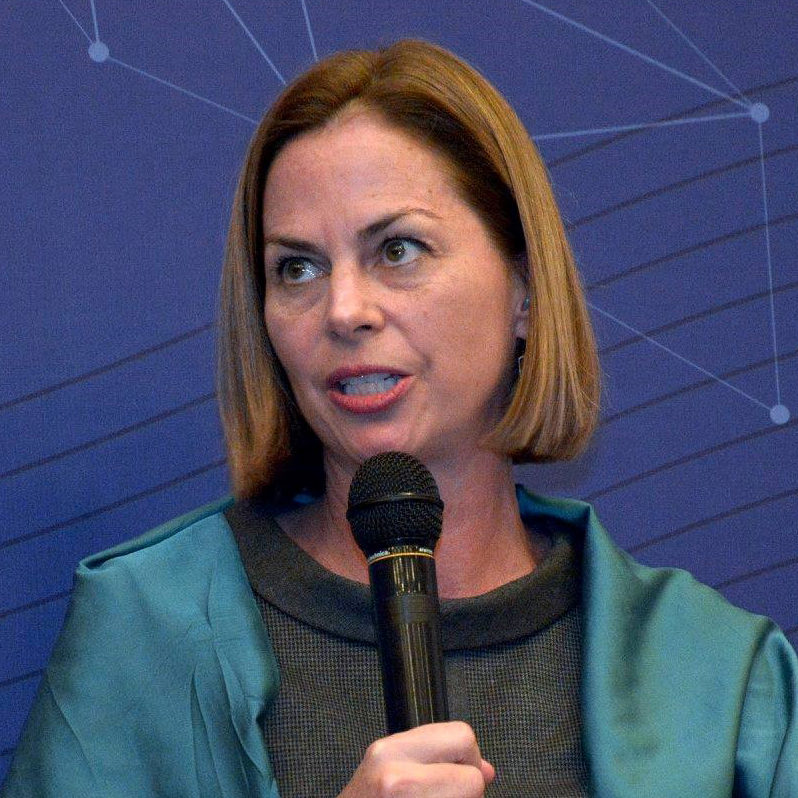
Laura Thornton
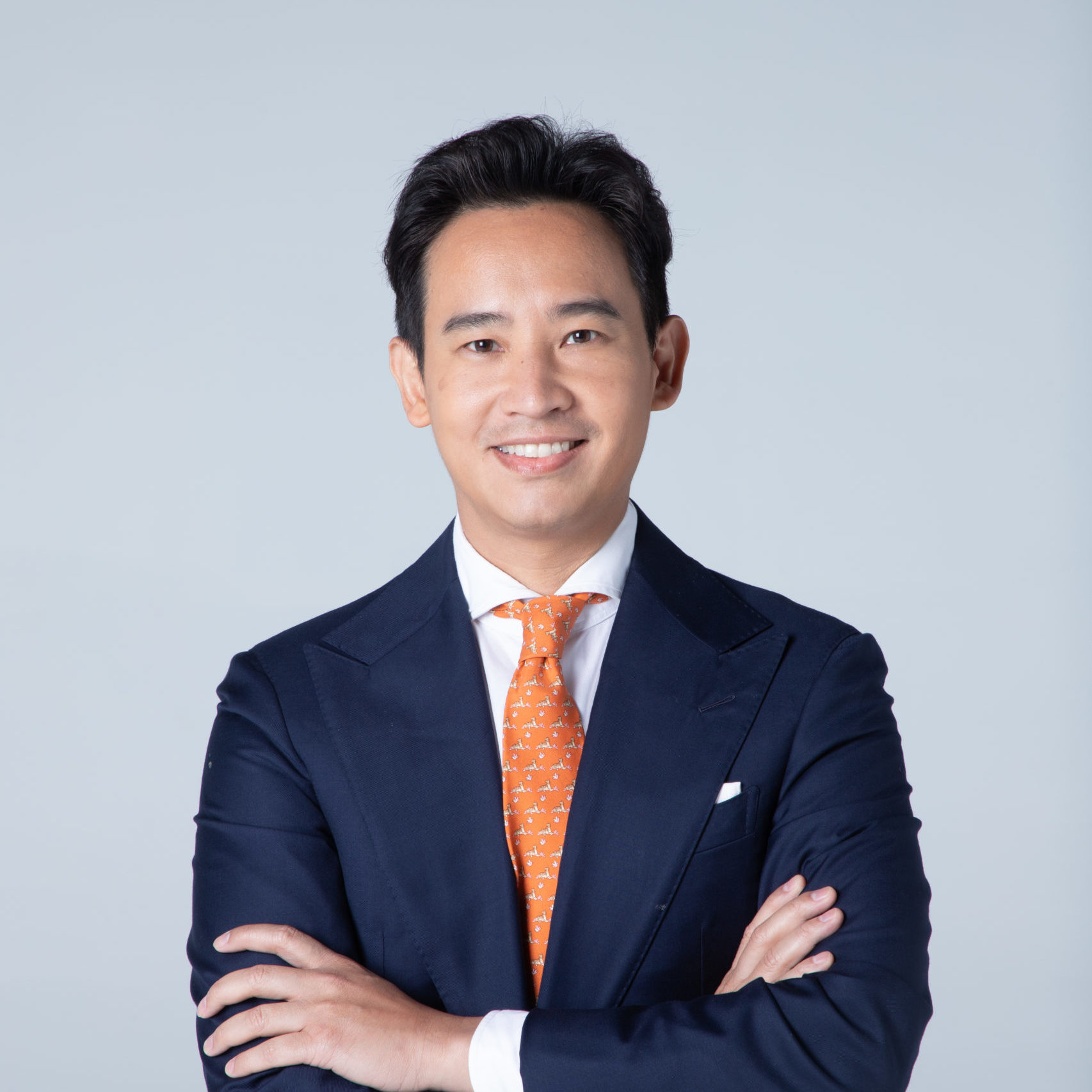
Pita Limjaroenrat
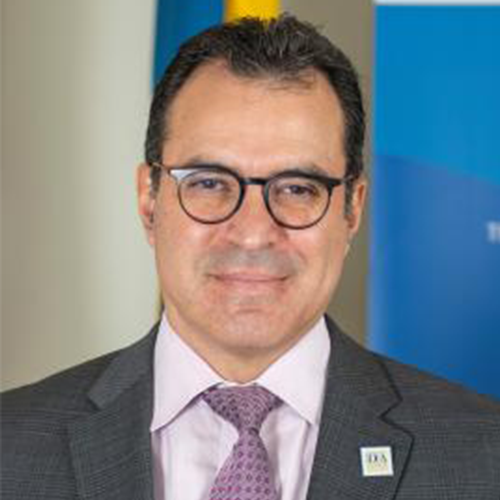
Kevin Casas Zamora

Shada Islam
15:00 – 15:15
Keynote speech: Elections and science by Professor Michael Bruter, London School of Economics
Coffee break
15:35 – 16:20
Session 2: Mobilising young people at the ballot box: good practices and challenges
Several studies have shown that young people are turning away from democracy and politics. However, recent elections have highlighted how mobilised young people can impact the result of elections. Recently, South African voters have been queuing up for up to 6 hours to cast their ballot in a process through which the main political party will lose its absolute majority after 30 years of unchallenged political dominance. From Poland to Guatemala, Zambia (2021), Argentine (2023), Liberia ( 2023), Senegal (2024), people were able to shake up the status quo by voting en masse to bring opposition candidates to power. For better or worse, voters can make a change, sometimes radical one. Even if elections are not enough to make democracy a democracy, they still matter for voters and political alternance is a key deterrent for corruption and abuse of power. In the year of elections, young people hold the key to reinvigorating democracy through the ballot box.

Antonina Majchrzak
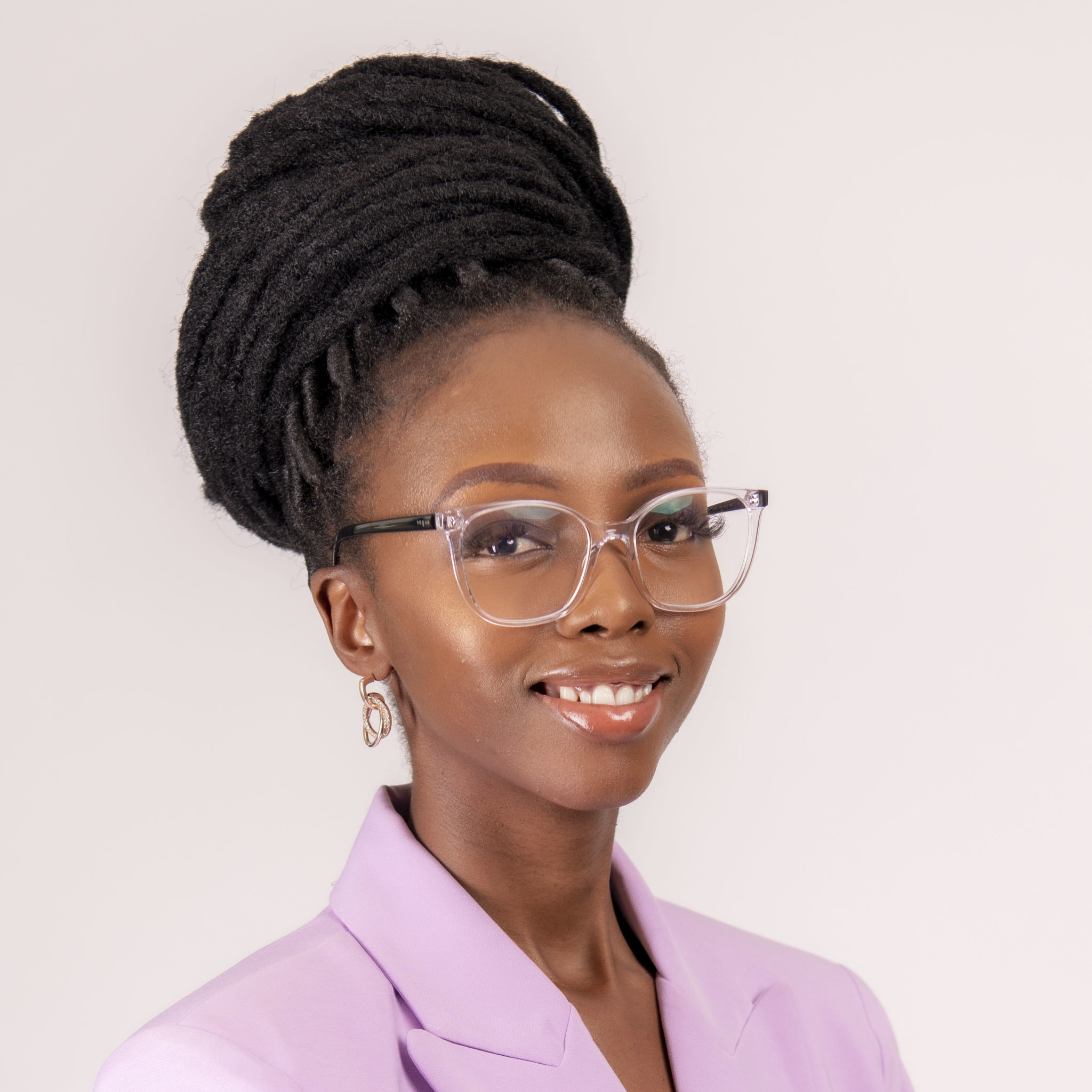
Asanda Luwaca
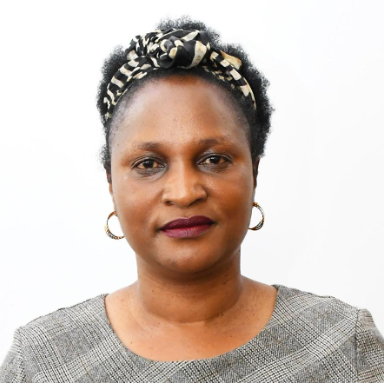
Ann N. Nderitu
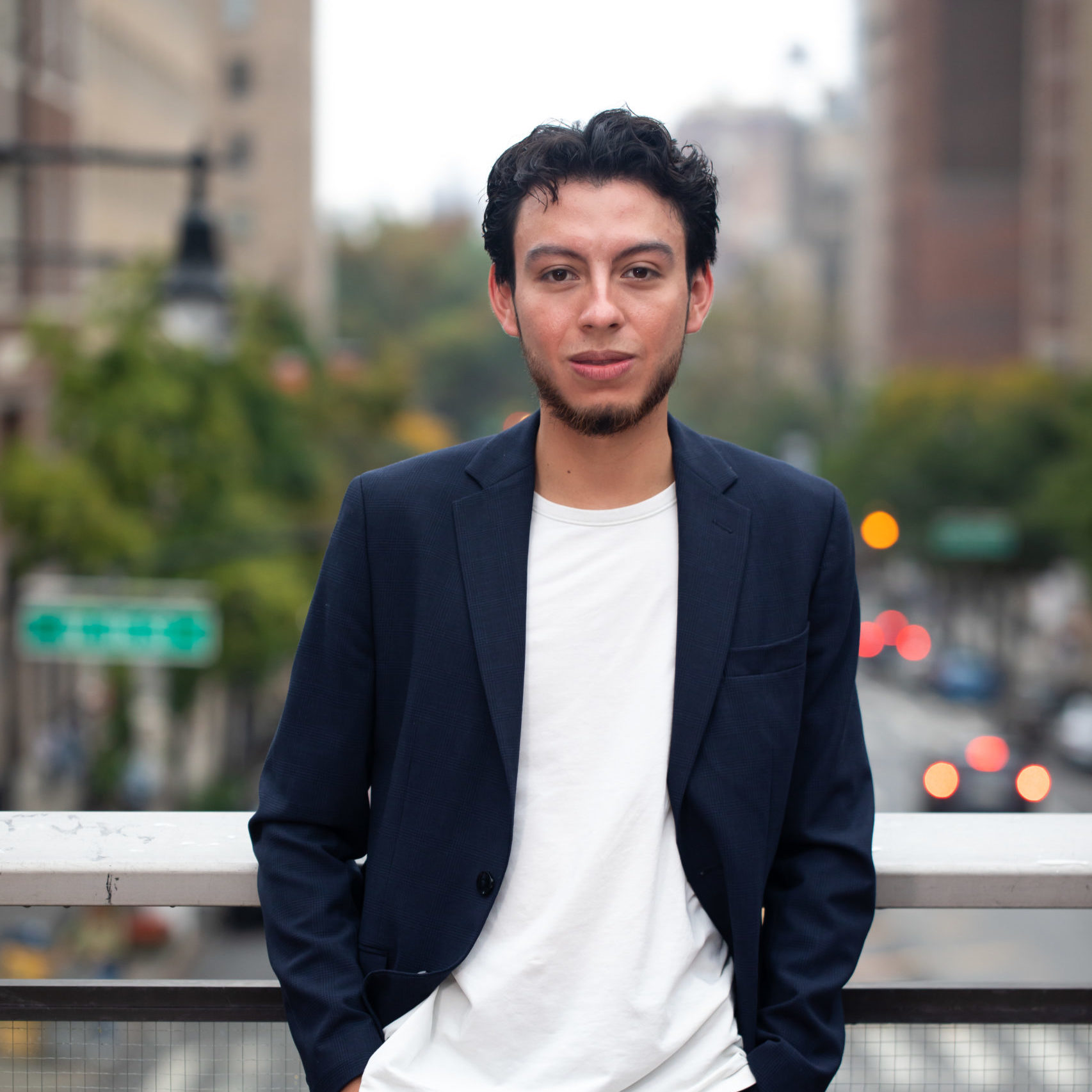
Luis Villaherrera
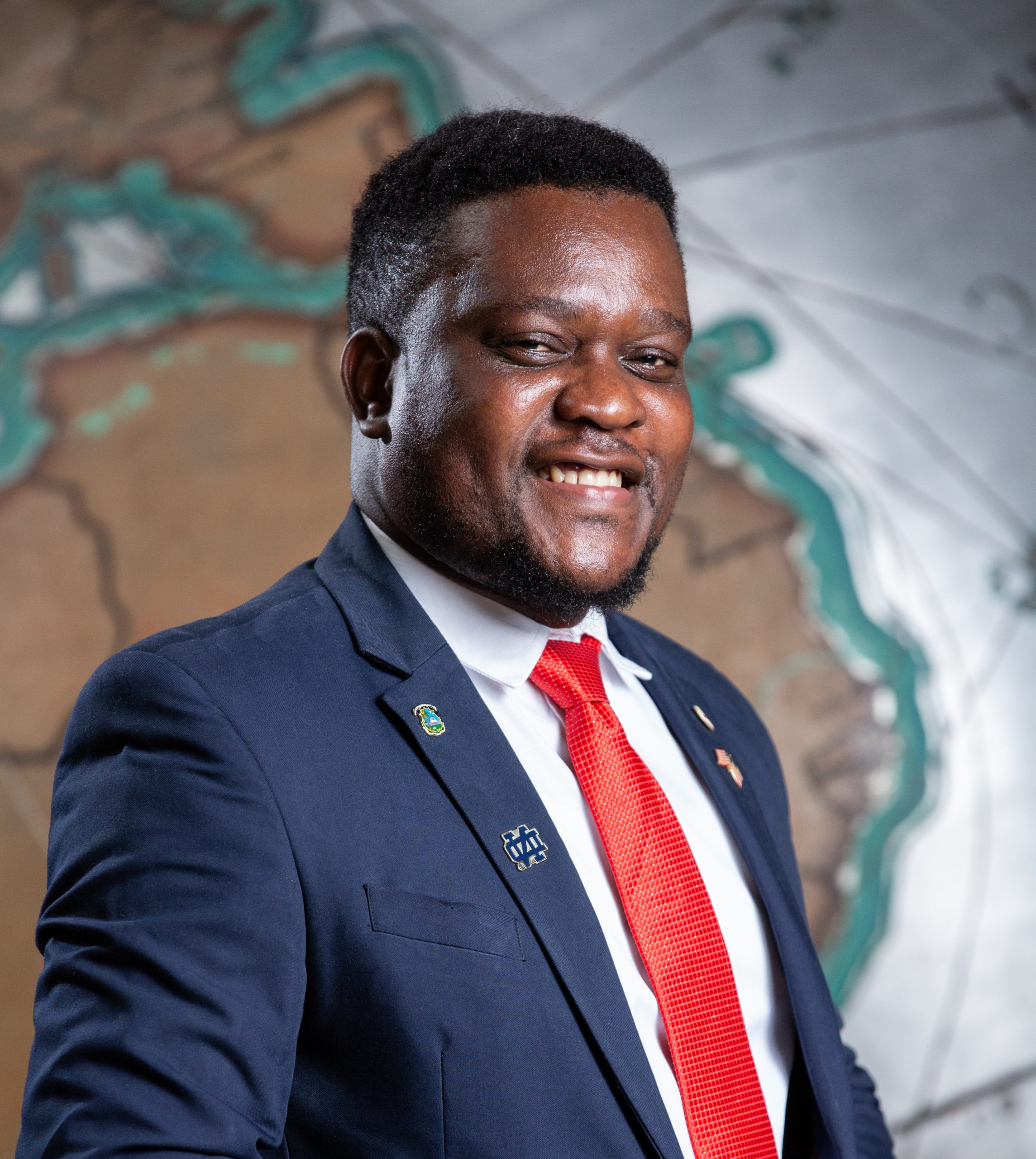
Samuel Kpartor

Pita Limjaroenrat
16:20 – 16:30
Presentation of OECD Trust Survey
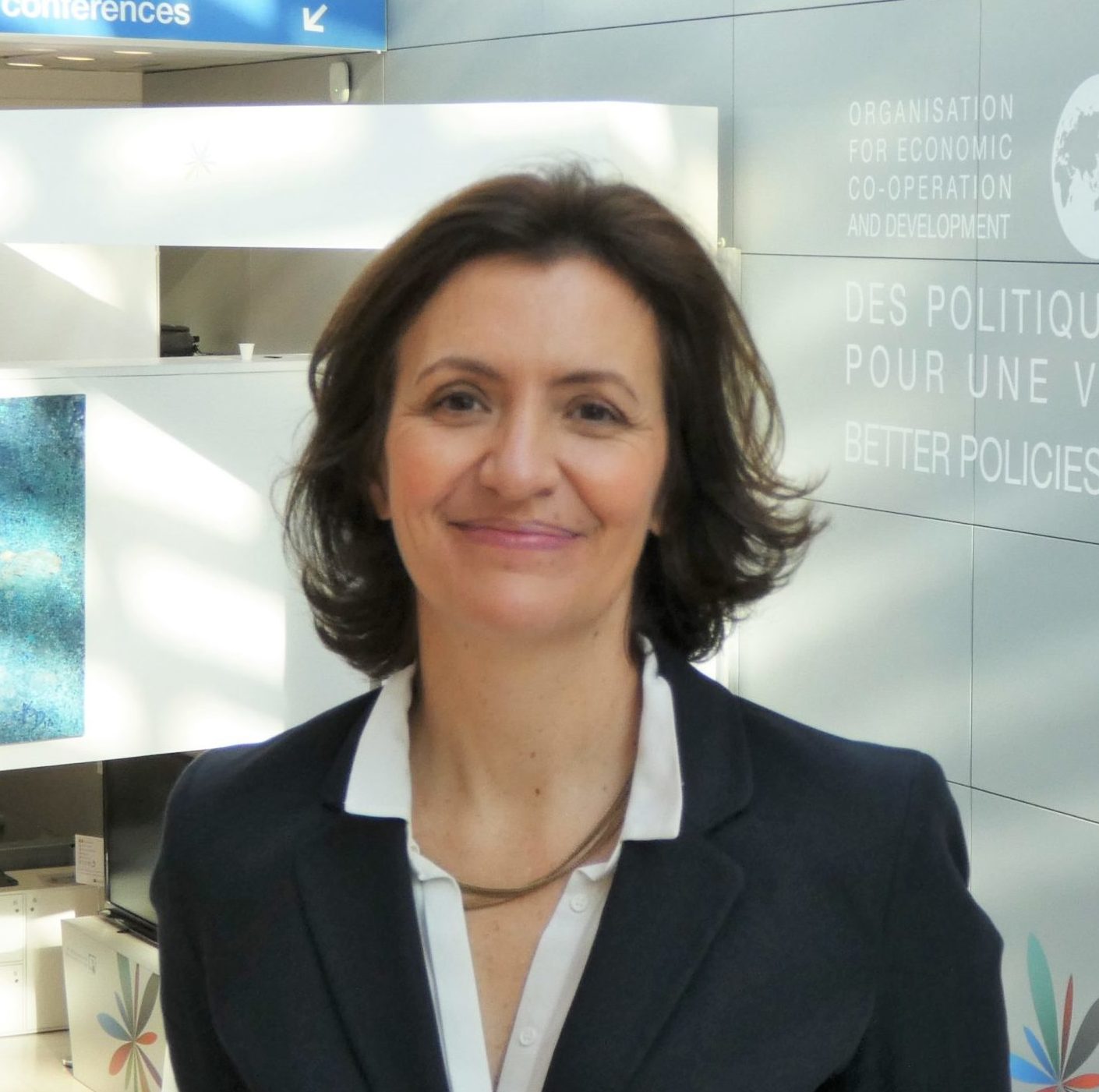
Elsa Pilichowski
16:30 – 17:10
Session 3: International Democracy Day at 10
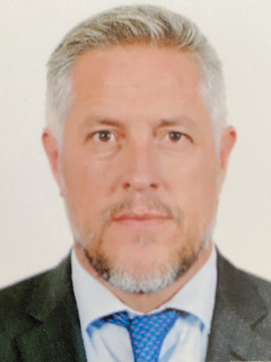
Patrick Simonnet

Elsa Pilichowski
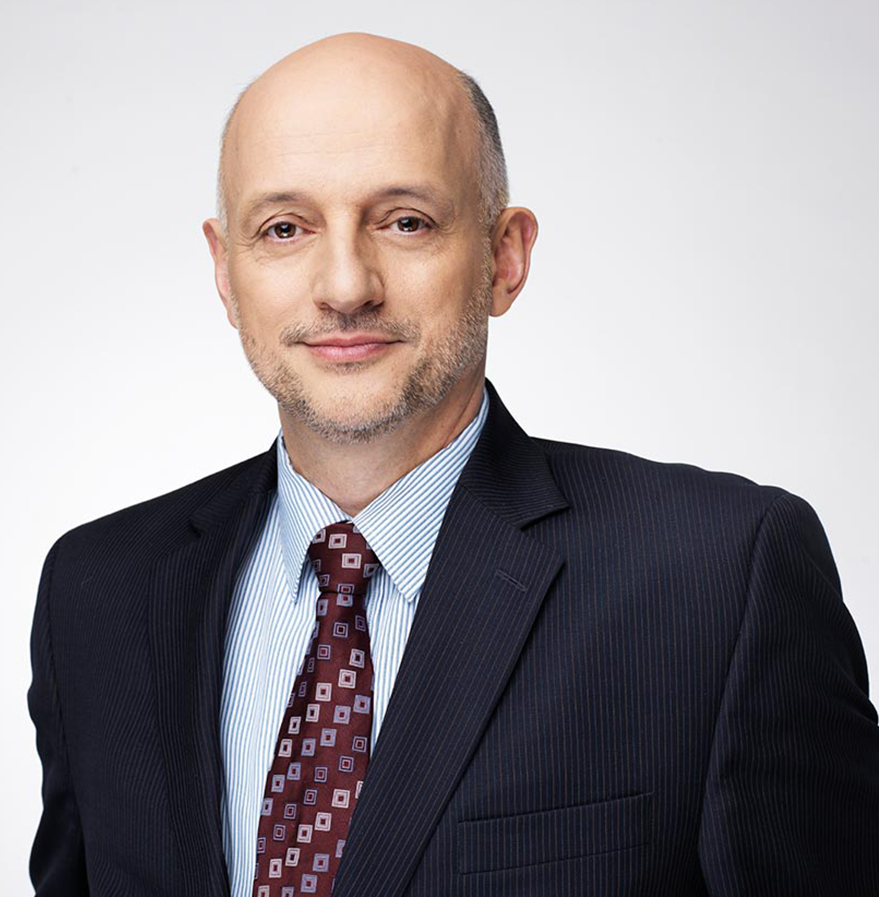
Jerzy Pomianowski
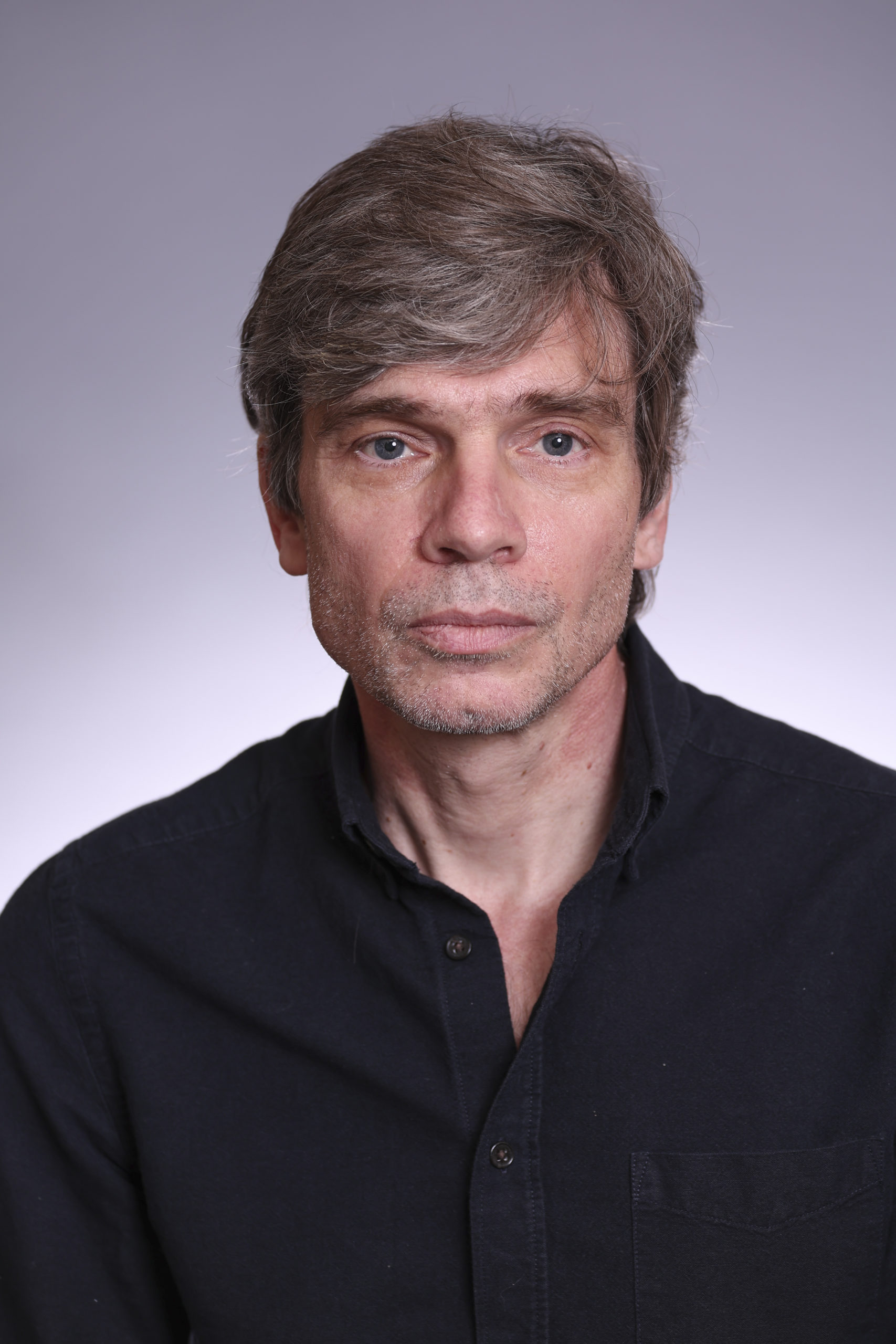
Richard Youngs
17:10 – 17:20
Expert comment by Adam Dicko, Association of Youth for Active Citizenship and Democracy
Final remarks
Registration and coffee
09:00 – 09:05
Welcome speech by Moderator Shada Islam
Video message by Member of European Commission
09:10 – 09:55
Session 4 – How to counter disinformation at a time of war?
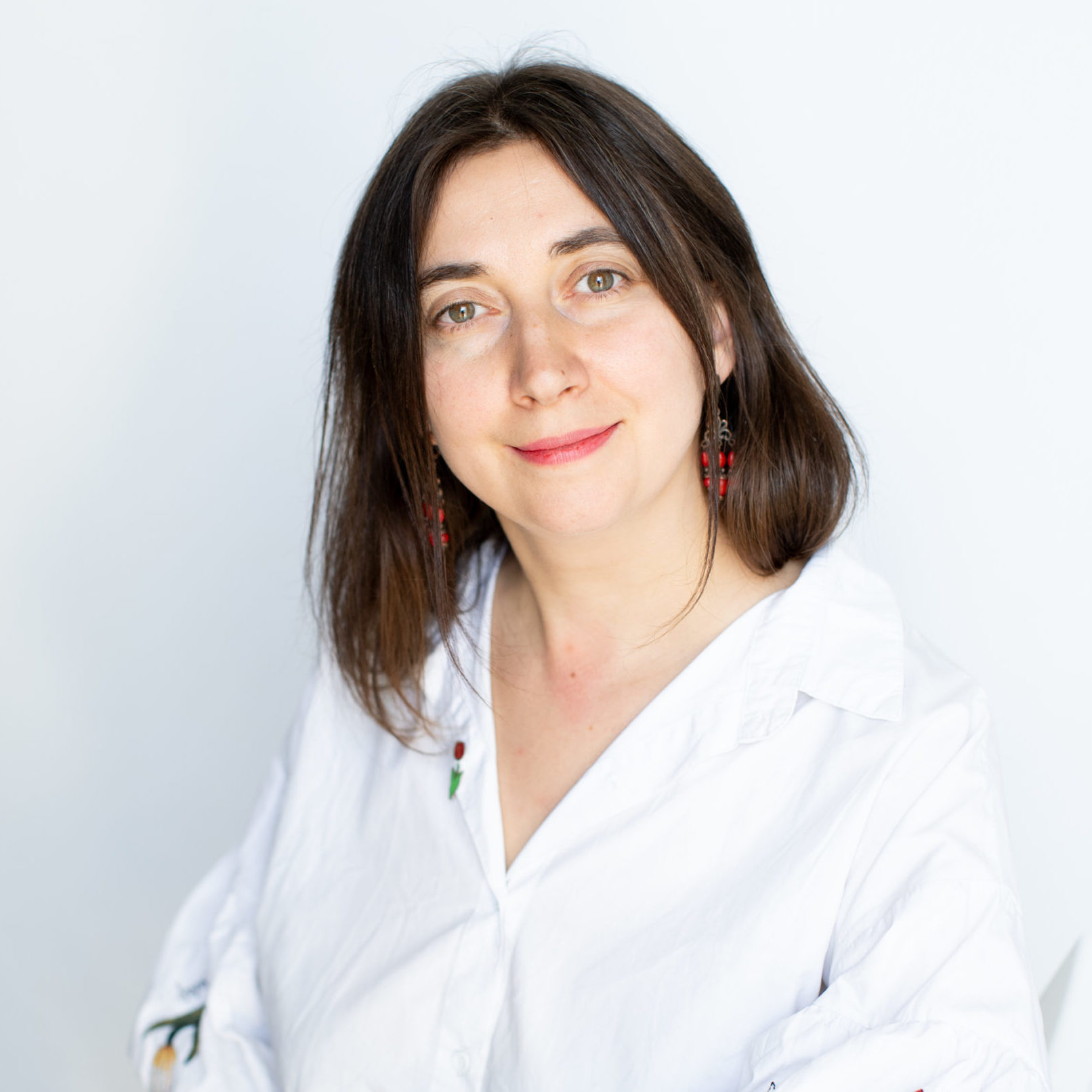
Iryna Fedoriv
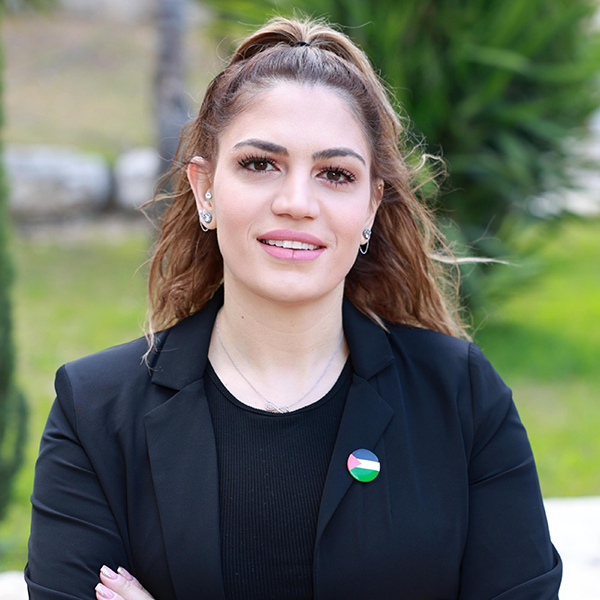
Riham Abu Aita
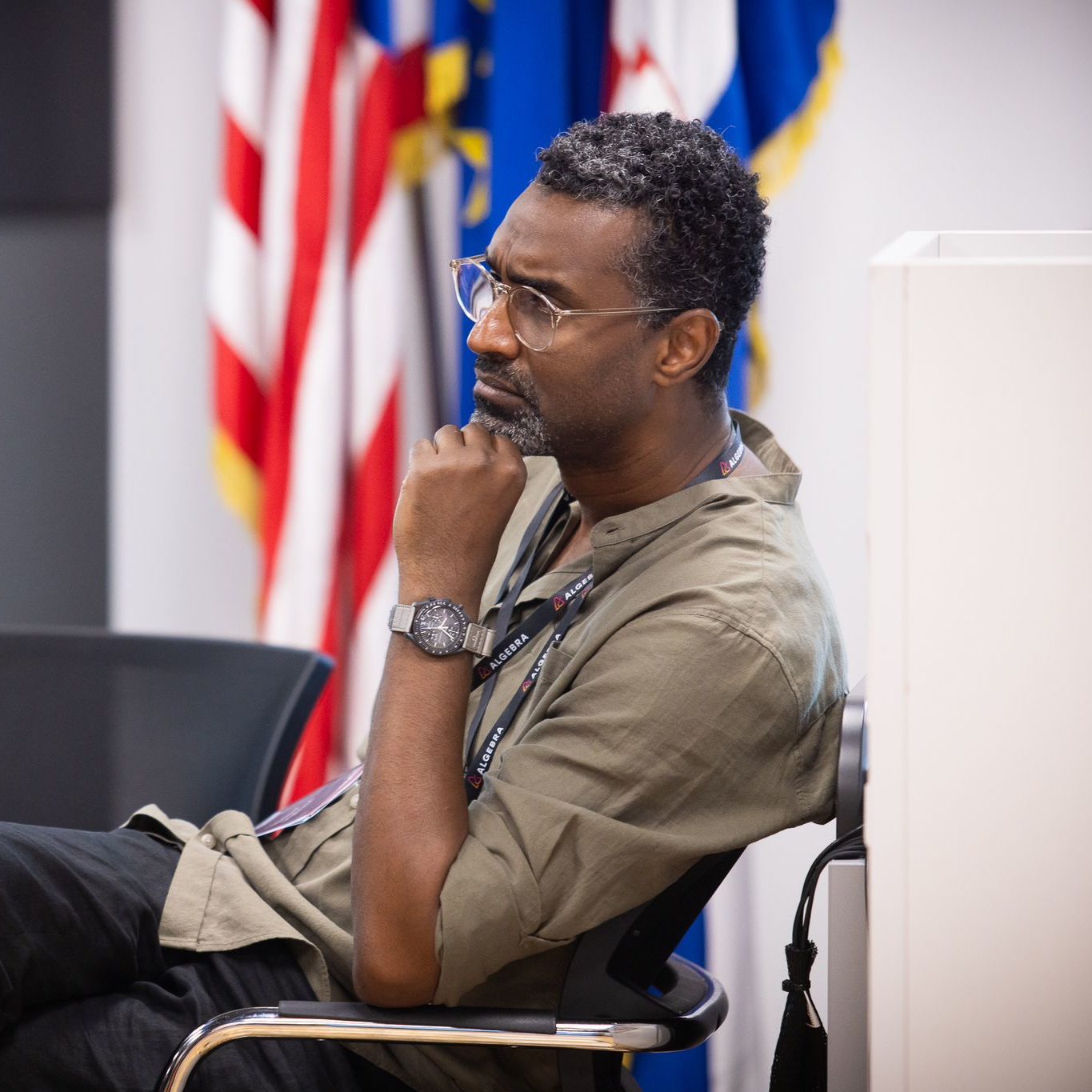
Khalid Albaih
09:55 – 10:10
Presentation on global electoral trends in 2024
Keynote speech by Leopoldo Lopez, Venezuelan opposition leader
Coffee break
10:45 – 11:35
Session 5: Gender Equality and Authoritarianism
As gender disparities widen in countries with authoritarian regimes or restrictive political environments, women’s political participation is particularly at risk. Women rights defenders and gender equality political advocates are developing strategies as they become the targets of authoritarian governments and far-right movements. Amidst the numerous elections happening in the world this year, the resilience of young women activists is coming to the fore.
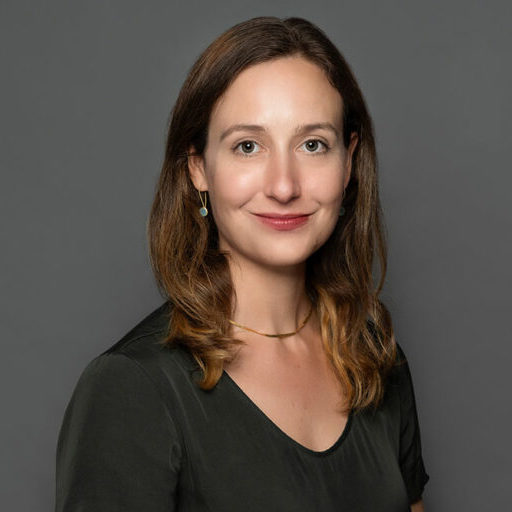
Saskia Brechenmacher
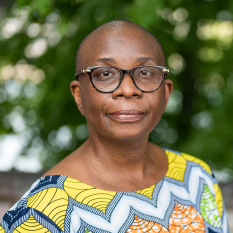
Rumbidzai Kandawasvika-Nhundu
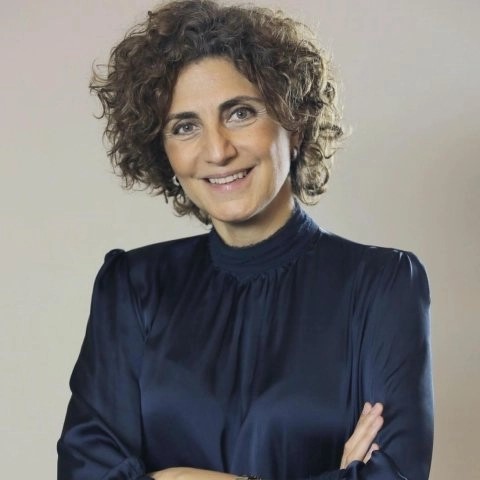
Salma Al-Nims

Sonia Gassemi
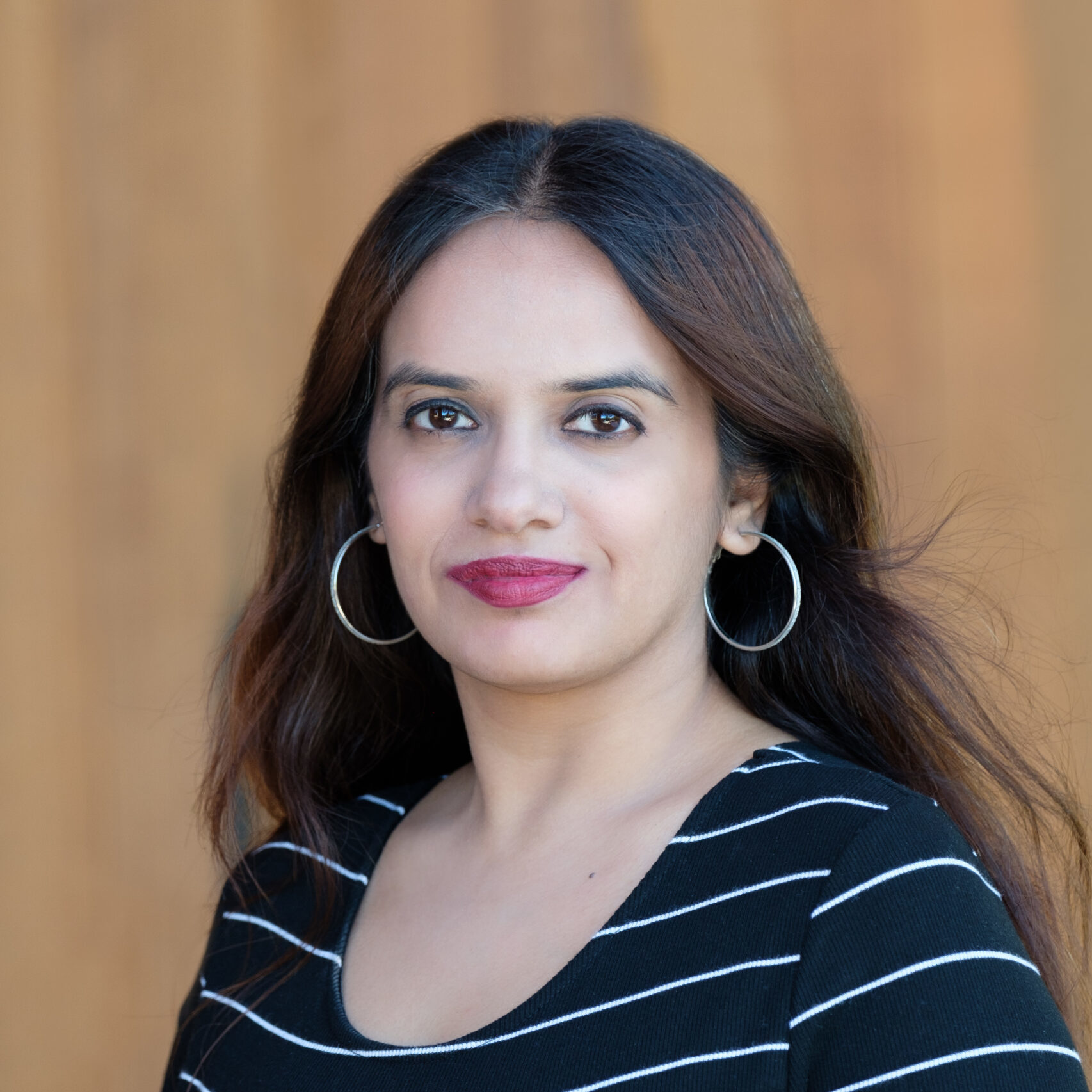
Japleen Pasricha
11:35 – 11:50
Keynote speech by Simone Susskind, Actions in the Mediterranean
Session 6: After the EU elections – what's next for EU support to democracy globally?
The European Parliament elections marked the beginning of a new term and ushered in a renewed EU leadership tasked with driving the EU agenda for the next five years. Representatives from various EU institutions will share their perspectives on the emerging priorities and focus areas. They will discuss how the incoming European Commission and newly elected European Parliament can translate these priorities into concrete actions that strengthen democracy.
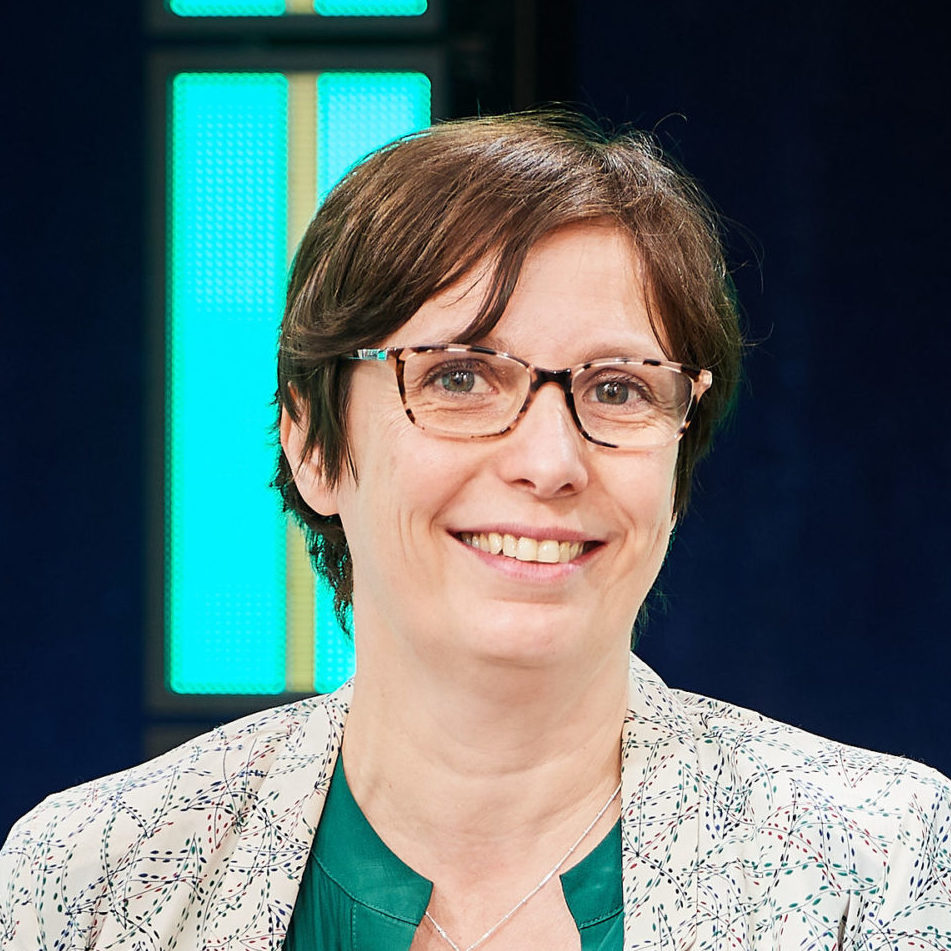
Chiara Adamo
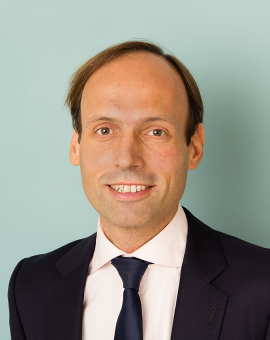
Sam van der Staak
12:40 – 12:45
Final remarks by Gary Klaukka, ENoP
Lunch
